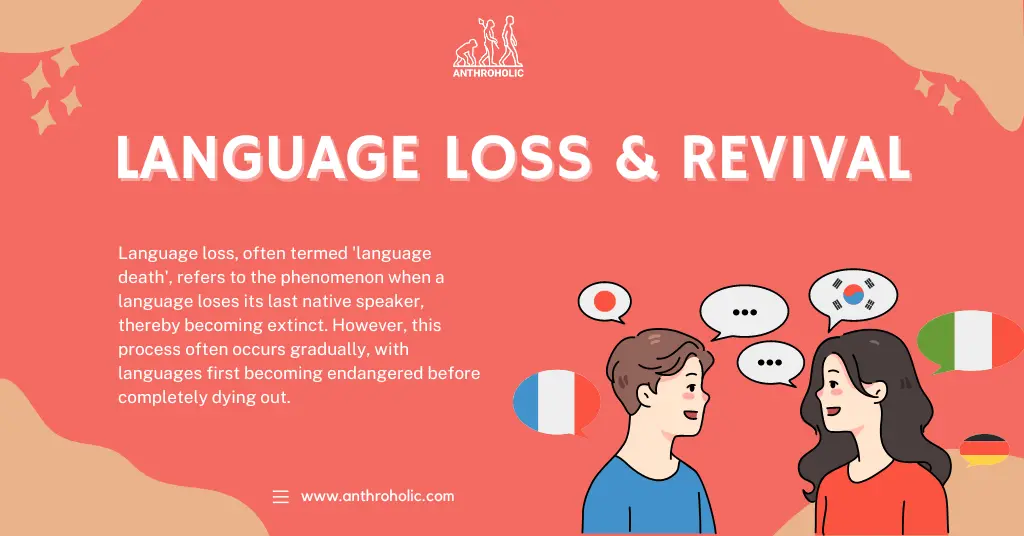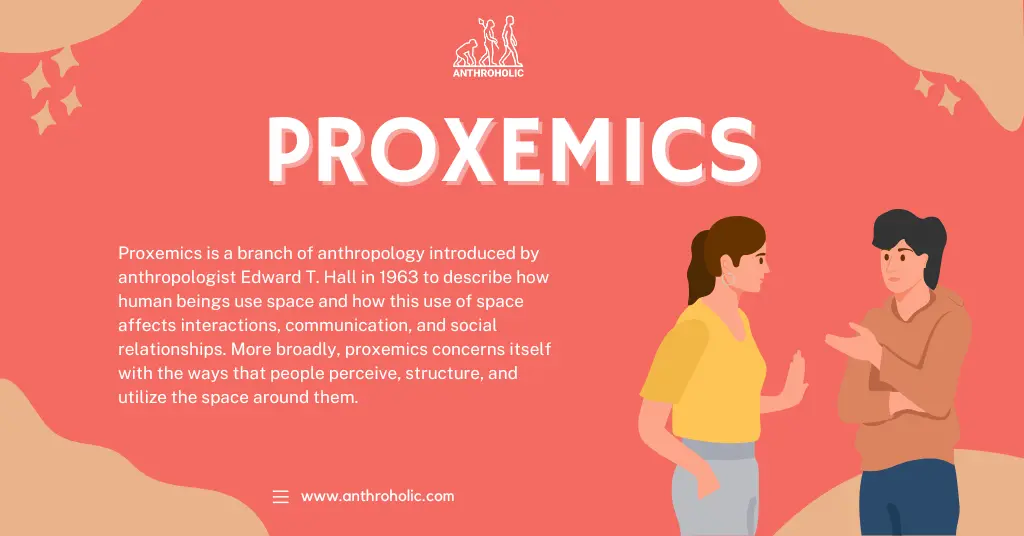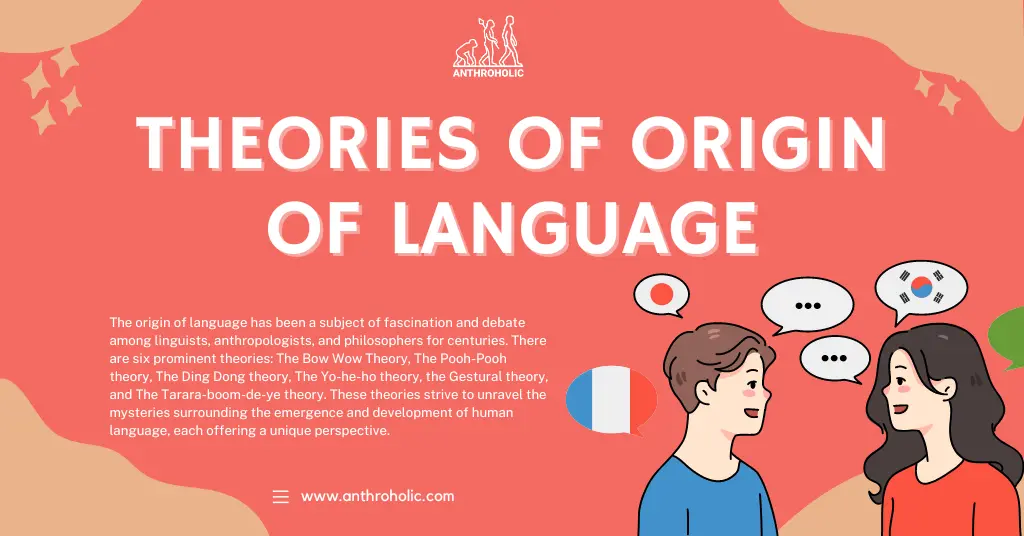AI Answer Evaluation Platform Live Now. Try Free Answer Evaluation Now

Super Female (Triple X Syndrome)
The study of super females from a genetic standpoint has provided valuable insights into the complex interplay between genes and phenotype. The presence of an additional X chromosome in super females leads to a unique genetic profile, influencing the expression and regulation of various genes throughout the body










